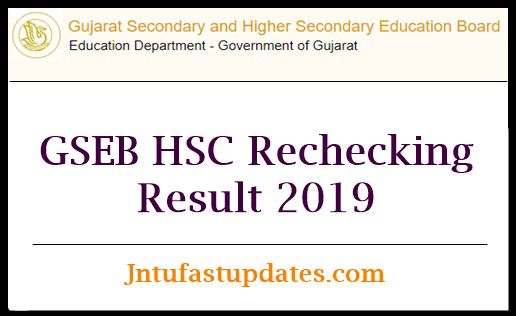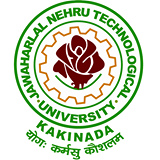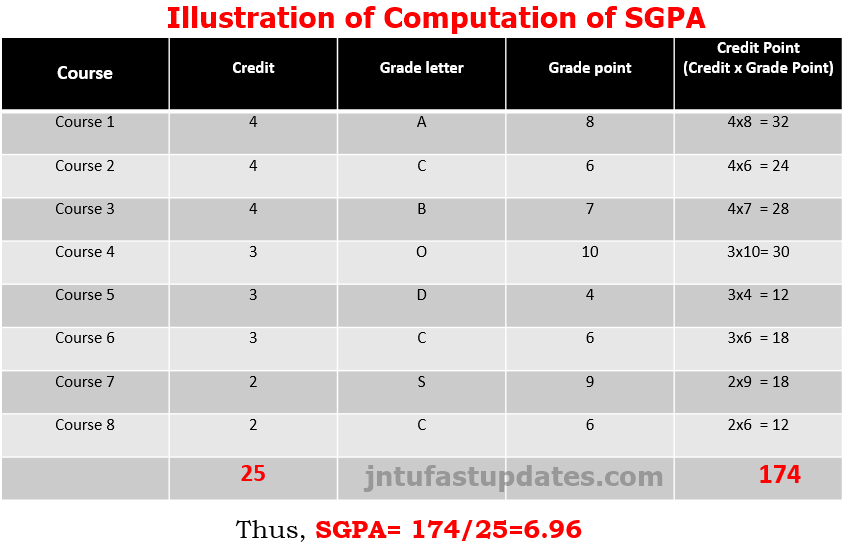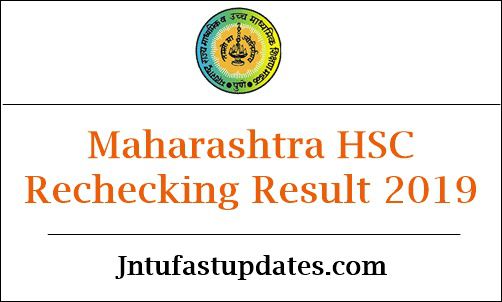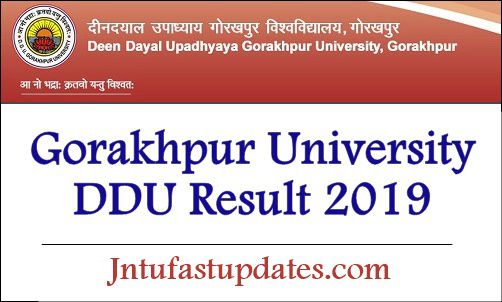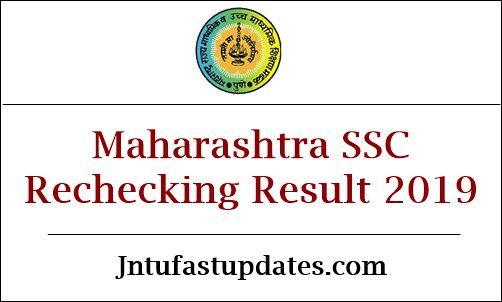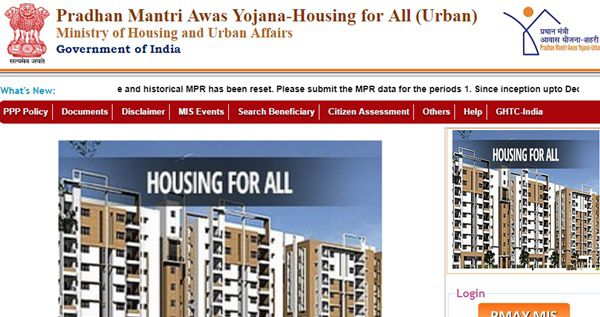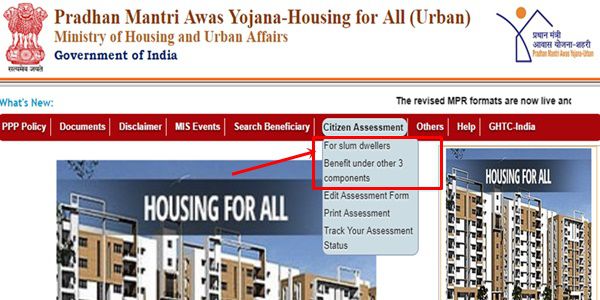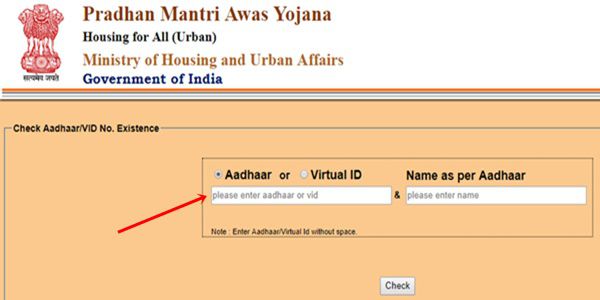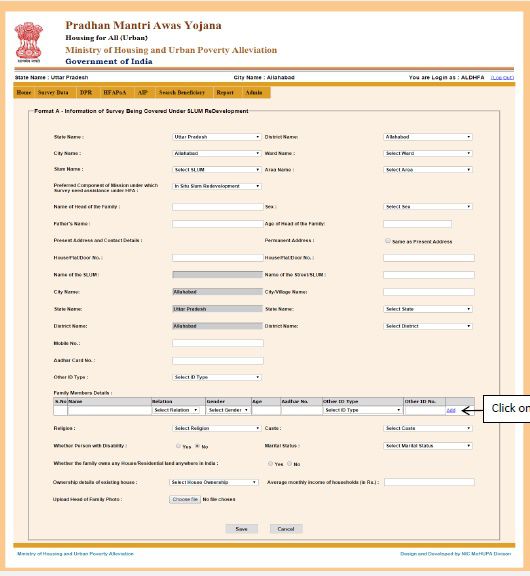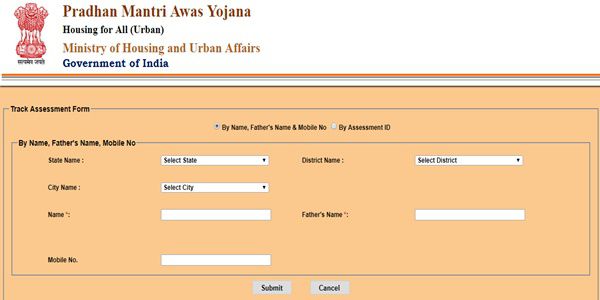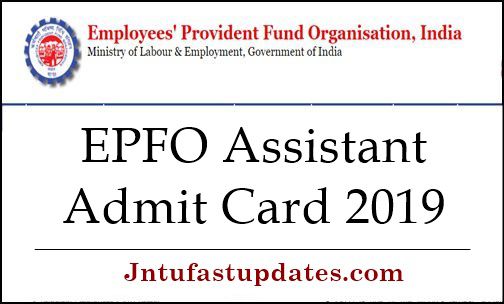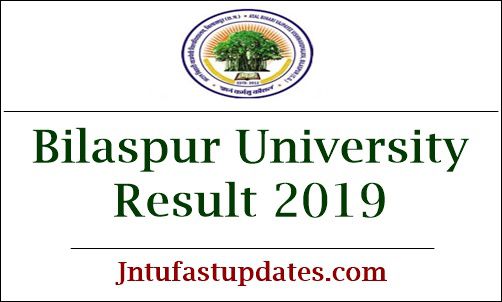Mukhyamantri Yuva Sambal Yojana 2019: To support the unemployed youth of Rajasthan state, the Congress party launched the Mukhyamantri Yuva Sambal Yojana (मुख्यमंत्री युवा संबल योजना) scheme i.e., Unemployment Allowance. Under this scheme, unemployed youth will get Rs 3,500 per month. Candidates eligible for Yuva Sambal Yojana can register with the Rajasthan Government official website within the specified dates. This article provides details about Rajasthan Mukhyamantri Yuva Sambal Yojana eligibility criteria, benefits, registration process, and other details.
Mukhyamantri Yuva Sambal Yojana 2019 Registration – मुख्यमंत्री युवा संबल योजना
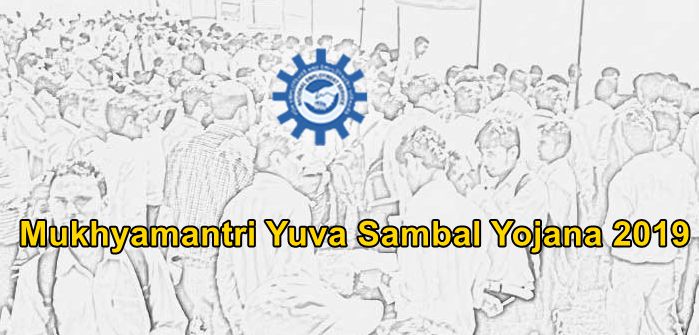
Mukhyamantri Yuva Sambal Yojana 2019 – Important Details:
| Name of the scheme | Mukhyamantri Yuva Sambal Yojana (Unemployment Allowance) |
| Launched in | Rajasthan |
| Launched by | Ashok Gehlot |
| Announced on | January 2019 |
| Implementation date | February 2019 |
| Target beneficiaries’ | Educated yet jobless youngsters |
| Helpline number | 0141-2373675, 2368850 |
| Official website | employment.livelihoods.rajasthan.gov.in |
| Allowance | Female- 3500 Rs Male- 3000 Rs |
राज्य सरकार के नीतिगत दस्तावेज में समाहित बिन्दु संख्या 10 के उप बिन्दु 1 के अनुसरण में पूर्व से संचालित ‘अक्षत योजना’ के नाम में परिवर्तन करते हुए राजस्थान राज्य में स्नातक बेरोजगार आशार्थियों को बेरोजगारी भत्ता देने हेतु मुख्यमंत्री युवा सम्बल योजना के दिशा-निर्देश पर किये जाते है:
मुख्यमंत्री युवा सम्बल योजना
1. नाम :- यह योजना मुख्यमंत्री युवा सम्बल योजना’ कहलाएगी।
2. प्रचार/विस्तार :- यह योजना सम्पूर्ण राजस्थान राज्य में लागू होगी।
3. प्रारम्भ होने की तिथि :- यह योजना 1 फरवरी, 2019 से लागू हो चुकी है।
4. परिभाषा :-
(i) योजना :- मुख्यमंत्री युवा सम्बल योजना
(ii) पारिवारिक आय :- परिवार की कुल वार्षिक आय में माता-पिता, पति-पत्नी तथा अवयस्क बच्चों की आय सम्मिलित है।
(iii) बेरोजगार योजना में निर्धारित पात्रता में आने वाले राज्य के मूल निवासी स्नातक एवं समकक्ष योग्यताधारी बेरोजगार जो आवेदन की तिथि को स्थानीय रोजगार कार्यालय में पंजीकृत होना आवश्यक है, परन्तु आवेदन तिथि तक उसे रोजगार प्राप्त नहीं हुआ हो अथवा स्वयं का कोई रोजगार नहीं कर रहा हो।
(iv) योग्यताधारी :-राजस्थान राज्य में स्थित विधि द्वारा रथापित विश्वविद्यालयों से मान्यता प्राप्त कालेजों से स्नातक डिग्री व समकक्ष डिग्री।।
(v) बेरोजगारी भत्ता – पात्र बेरोजगारों को दिया जाने वाला भत्ता ।।
Mukhyamantri Yuva Sambal Yojana – Features & Benefits
Development of the youth:
The government intended to offer support for the unemployed youth of Rajasthan through this scheme. This scheme will provide job security, unemployment support for the people on the list.
To control unemployment related issues:
This scheme is specially intended to control the unemployment related issues in the youth. The sum offered to the unemployed youth will help them to support their own financial needs and they can try to get the jobs soon without any pressure.
Financial aid (Amount):
The Government of Rajasthan will give a sum of Rs 3500 per month for female, and Rs 3000 per month for male as an unemployment allowance.
Duration:
The duration of the scheme is 2 years. Within the given time, the youth availing this benefit can try to get a job or own business.
Frequency of payment:
Every month the unemployment aid will be paid by the Government for the registered candidates.
Total beneficiaries:
As per the records, there are 1 lakh beneficiaries (approximately) residing in the state.
Eligibility and documents necessary for application
Residential requirement:
The Mukhyamantri Yuva Sambal scheme is purely intended for the residents of Rajasthan state. Aspirants who have eligibility to avail the benefits of this scheme have to submit the legal residential certificate in the time of applying for this scheme. The other state’s candidates residing in Rajasthan will not get the benefits of this scheme.
Age Criteria:
- General Category candidates: 21 to 30 years.
- Female, SC, ST, PWD candidates: 21 to 35 years.
- Class 10th admit card must be attached with the application form to show the proof of the age.
Educational Qualification and Eligibility Criteria
- Candidates who completed their graduate degree course with pass marks.
- Candidates who are pursuing a master’s degree course.
- If a woman has a college degree from another state, but if she is married to the native of Rajasthan, she will also be eligible for this scheme.
Also, the Government of Rajasthan mentioned that the unemployment aid will be offered to 1.6 lakh unemployed youth. And the aid will be given for a period of 2 years. If the number of applicants exceeds, the priority will be given for older registered people.
Government schools only:
As per the guidelines of the Rajasthan Government, the applicants registering under this scheme must be studied in Government schools and colleges of the state. Relevant admission papers also have to be enclosed along with the application.
Income-related criterion:
The unemployment aid will be offered for the candidates whose family income is Rs 2 Lakh per anum or less. The income certificate also has to be submitted at the time of application.
Professional requirement:
The applicants must have to submit pertinent documents showing their unemployment status. Only unemployed candidates are eligible to get this financial aid. If the person is associated with any business or job, he/she will not get the unemployment aid.
Registration in employment exchange:
Candidates must be registered with the district employment exchange office. At the time of applying this Yuva sambal yojana, candidates must have registered one year prior with the district unemployment exchange. And also, the applicants must renew the details at unemployment exchange card to avail this benefit.
Only for two candidates per family:
Only 2 persons (max.) will get this benefit from a family.
Cannot be beneficiaries of other schemes:
Applicants must not be registered with other states/central government schemes related to financial aid. If anyone getting other financial benefits, they are not eligible to apply for this scheme.
Former jobless allowance scheme:
In the year 2009, the Rajasthan government launched the Akshat Kaushal Scheme for unemployed youth. If an applicant is still getting the benefit of this scheme, then he/she cannot apply for the Mukhyamantri Yuva Sambal Yojana
Absence of criminal records:
Applicants should not have any criminal records. The government will enquire the applicants before offering the benefits of Mukhyamantri Yuva Sambal Yojana.
Account details:
The government will observe the bank account transactions of the applicant. Candidates have to submit the details of the account number, bank and branch name, IFSC code.
How to apply and get the registration form Mukhyamantri Yuva Sambal Yojana?
Mukhyamantri Yuva Sambal Yojana 2019 Application Form
- Initially, the applicants have to visit the Rajasthan Government state government official website, http://employment.livelihoods.rajasthan.gov.in/
- On the homepage, click on the “Mukhyamantri Yuva Sambal Yojana Registration.” [The option will be available as soon as the registration process starts].
- The online Registration form will be opened on the screen.
- Fill up the required information such as personal, financial, educational and other details.
- Attach the prescribed scanned copies of documents, and click on the “Submit” button.
- The Registration ID will be created and sent to the applicants. Using it, they can check the status of their application.
How to check the Mukhyamantri Yuva Sambal Yojana Rajasthan Unemployment Allowance Status?
- Visit the Rajasthan Government Livelihood page initially, http://www.employment.livelihoods.rajasthan.gov.in/Reports/
- It will ask the applicants to enter the details of the registration code and birth date.
- After entering the details click on the “Search.” Button.
- The status of the application will be shown on the page.
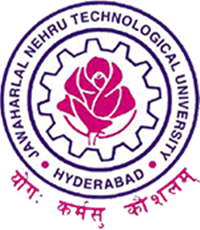

320-x100(1).gif)

